A Proven Process for Inclusive Excellence

CDP® Study Domains and Competencies
A competency-based learning model for DEIA professionals
Specializing in Forward-Thinking Diversity, Equity, and Inclusion Leadership Development Since 2009
Register NowPerformance Outcomes Drive IDC's Curriculum and Assessment Processes
The Institute for Diversity Certification (IDC)®'s next-generation educational platform transforms traditional DEI education by providing information that is necessary for the test and useful on the job. Save time and resources with our competency-based approach to leadership.

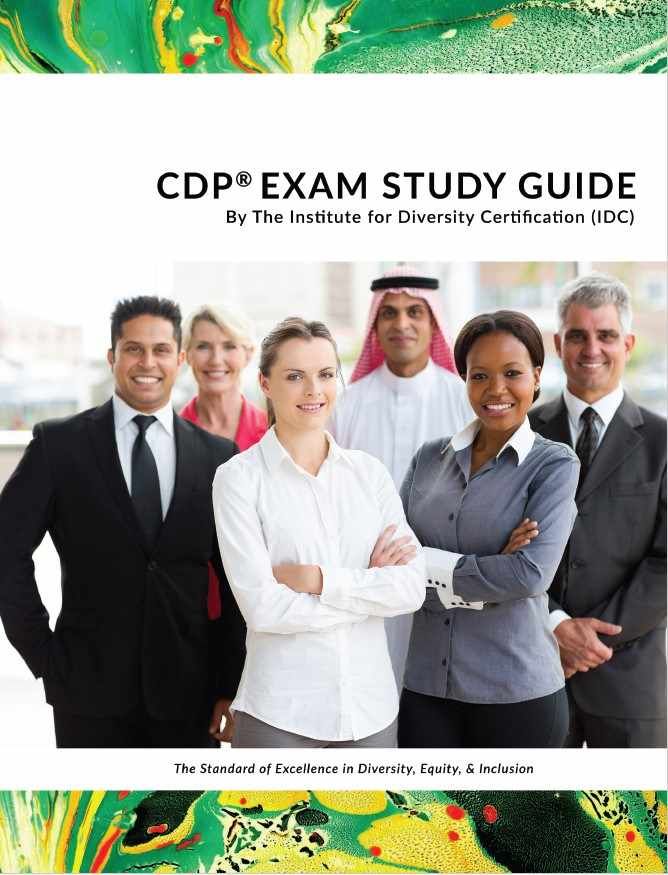
CDP® Exam Domains
- A. Managing DEIA Planning, ROI, and Budget
- B. Lead DEIA Organizational Integration Efforts
- C. Promote DEIA Organizational Culture and Engagement
- D. Manage DEIA Initiatives
- E. Partner with HR to Implement DEIA Strategies
- F. Coordinate DEIA Education and Development
- G. Influence Organization's DEIA Communications
- H. Apply DEIA to Organizational Policies and Compliance Activities
- I. Complete Personal DEIA Professional Development
Dive deeper into each domain in the Certified Diversity Professional (CDP)® – Content Outline.
Note: These knowledge areas and the overall passing score may change based upon a new job task analysis, which occurs every 3-5 years.
CDP® Study Guide Competencies
-
The Role of a Diversity Practitioner
Diversity and HR practitioners develop and implement DEIA initiatives within organizations. They must be adept at leading change. A visionary strategist, the CDP® breathes new life into ordinary business practices and intolerant work environments to creative inclusive excellence.
-
The Business Case for DEIA
Organizations who employ diverse workforces better understand customer needs, are more proactive managing costs and opportunities, and are poised to thrive in a global economy. This competency helps practitioners maximize DEIA efforts using traditional business principles.
-
EEO Laws in the US and Abroad
Practitioners must be familiar with Equal Employment Opportunity (EEO) laws in the US and other countries where their organization operates. These laws prohibit discrimination based on race, color, religion, sex, gender identity, sexual orientation, national origin, age, disability, and other protected characteristics.
-
Harassment Around the World
Harassment can pose a serious problem in workplaces. This includes understanding the different types of harassment and how to create a workplace culture that is free from harassment.
-
Diversity Recruiting, Engagement, and Retention
Diversity and HR practitioners use best practices to attract, engage, include, and retain teams to enable a strong, resilient workforce.
-
Reinventing Diversity Training, Education, and Development
Employees can bring bias to the workplace, negatively impacting teamwork, productivity, client service, and morale. Practitioners design and implement engaging and effective diversity training sessions that evolve the organizational culture and create a sense of belonging for all staff.
-
Handling Difficult Conversations
The art of delivering your message effectively is vital. Multicultural communication skills are essential for building strong relationships and setting a positive example for others. This competency guides practitioners in initiating and mediating complex discussions with confidence and respect.
-
Resource Groups and Diversity Councils
Employee-led groups that support DEIA initiatives in the workplace, Resource Groups and Diversity Councils are driving forces in organizational DEIA efforts. This competency empowers DEIA leaders to collaborate with and delegate to internal allies to analyze and drive change within the organizational climate.
-
Empowering Women in the Workplace
Women are underrepresented in many leadership positions in the workplace. Diversity practitioners work to empower women in the workplace by developing and implementing programs that help eliminate the gender pay gap, promote work-life integration, develop a diverse talent pool, and increase female inclusion.
-
Disability, Accessibility, and Accommodations
Diversity practitioners work to create an accessible for people with disabilities. This includes challenging stereotypes about disabilities, helping supervisors provide reasonable accommodations, and ensuring individuals with disabilities are fully engaged at work.
-
Generational Intelligence
Gain teh ability to understand and work effectively with people of different generations. This competency helps practitioners strategically learn how to prepare for the future workplace and marketplace.
-
Designing Programs for Veterans
Veterans face unique challenges when transitioning to the workplace and civilian life. It’s important to understand their experiences without stereotyping or exhibiting biases. Diversity practitioners can help veterans by designing holistic programs to support their transition and career development.
-
Immigrant Groups in the Workplace
Demonstrate a commitment to including different immigrant groups, as this can be vital to withstanding competitive pressure and ensuring organizational sustainability. Learn how to modify organizational terminology, policies, and practices to include nationality and create opportunities for employees work and thrive in different cultures.
-
Navigating Through Religion and Belief Systems
In today's increasingly diverse workplaces, DEIA professionals must be able to navigate through the complexities of religion and non religion at work. With a deeper understanding of worldviews, belief systems, and religious practices, practitioners may guide supervisors and employees to prevent discrimination, harassment, and intolerance.
-
LGBTQ+ Inclusion
Discrimination against LGBTQ+ employees is common and can be detrimental to individuals and an organization’s brand. This competency helps DEIA professionals understand the challenges faced by LGBTQ+ employees and develop strategies to promote LGBTQ+ inclusion in the workplace.
-
Measuring the Impact of Diversity, Equity, Inclusion, and Accessibility
It's important to evaluate the effectiveness of DEIA initiatives. Success is measured by quantifiable results and sustainable achievements achieved over time. This competency evaluates efforts by assessing annual plan goals, identifying areas for improvement, and producing a return on investment from DEIA work.
Competency Blueprint
Since the 2023 curriculum alignment with IDC's job task analysis, we created the Certified Diversity Professional (CDP)® Examination Blueprints and Specifications. The blueprint emphasizes the process of execution and achieving intentional DEI results on the job.

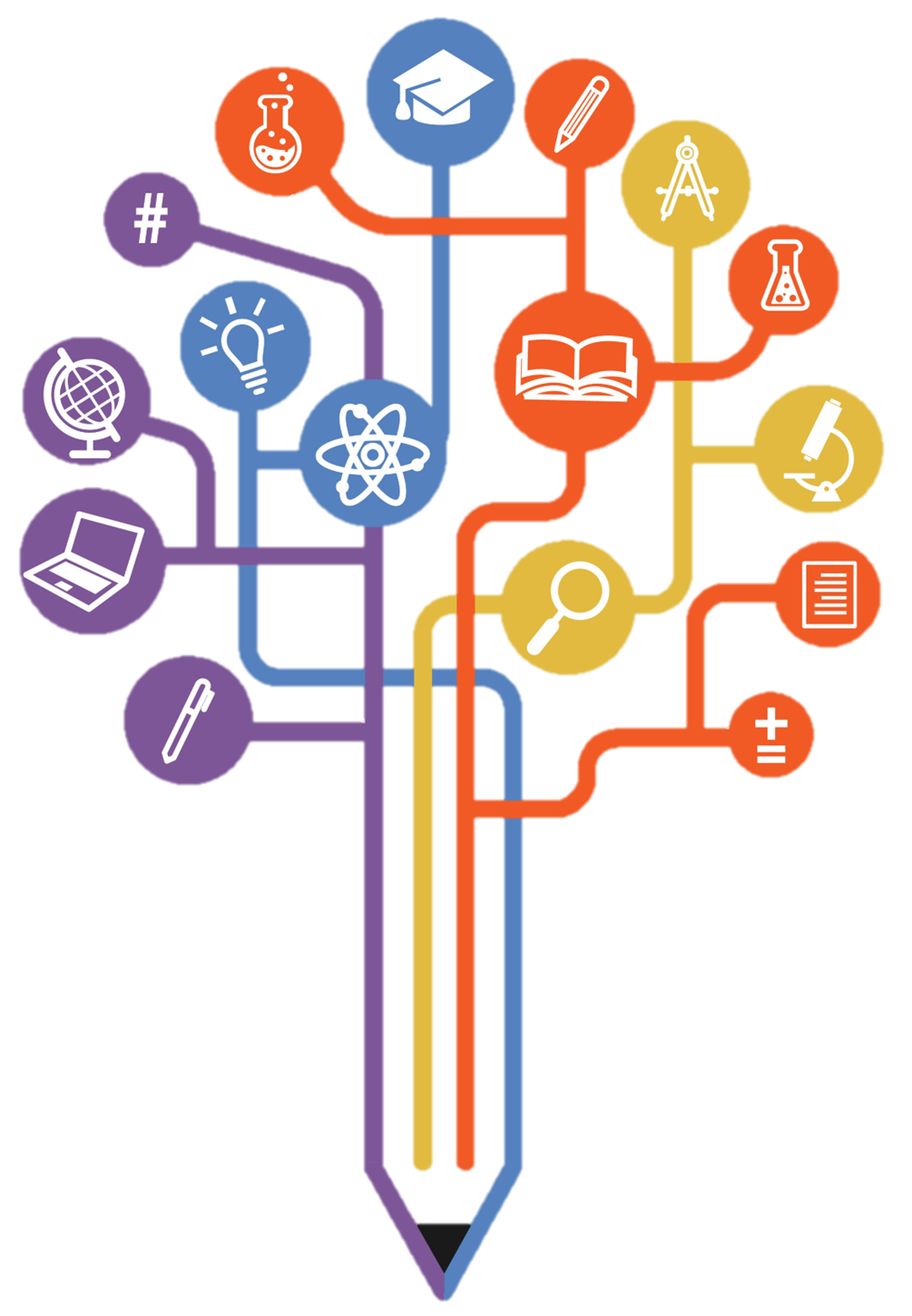
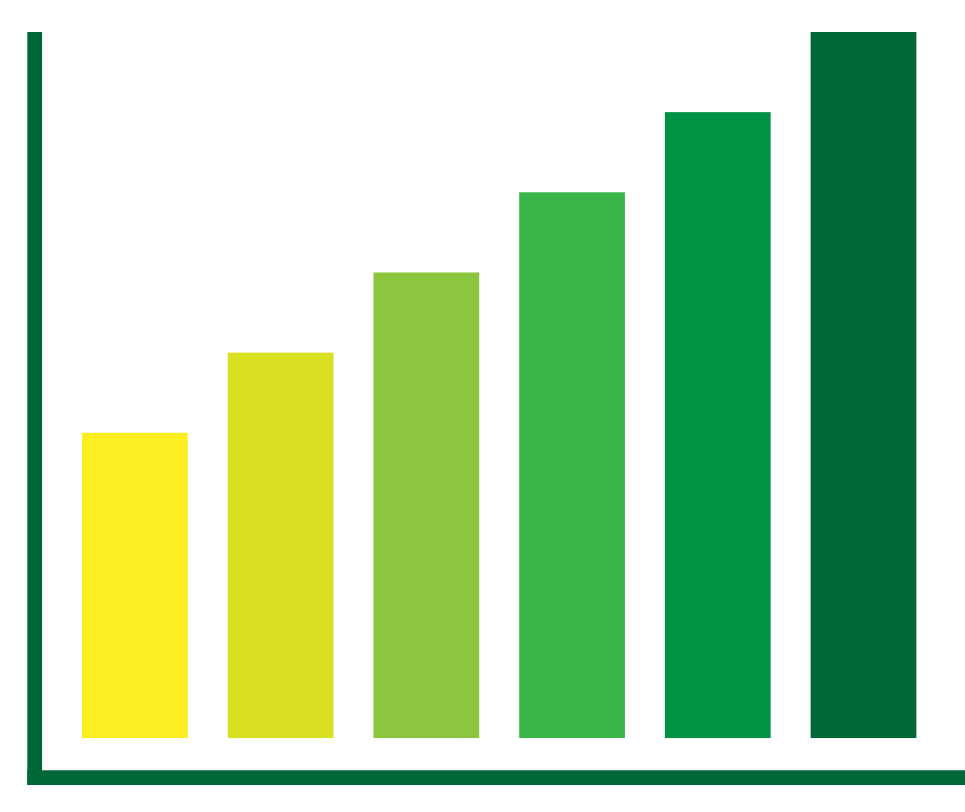
Domain and Competency
Skills Mastery
Performance Indicator
Over the years, senior executives and DEI leaders noted that execution can be challenging, especially demonstrating a scalable, methodical. In IDC's blueprint, the link between execution and performance is skills mastery.
There are four mastery levels:
- Knowledge
- Analysis
- Application
- Evaluation
Varying levels of mastery within each competency is expected.
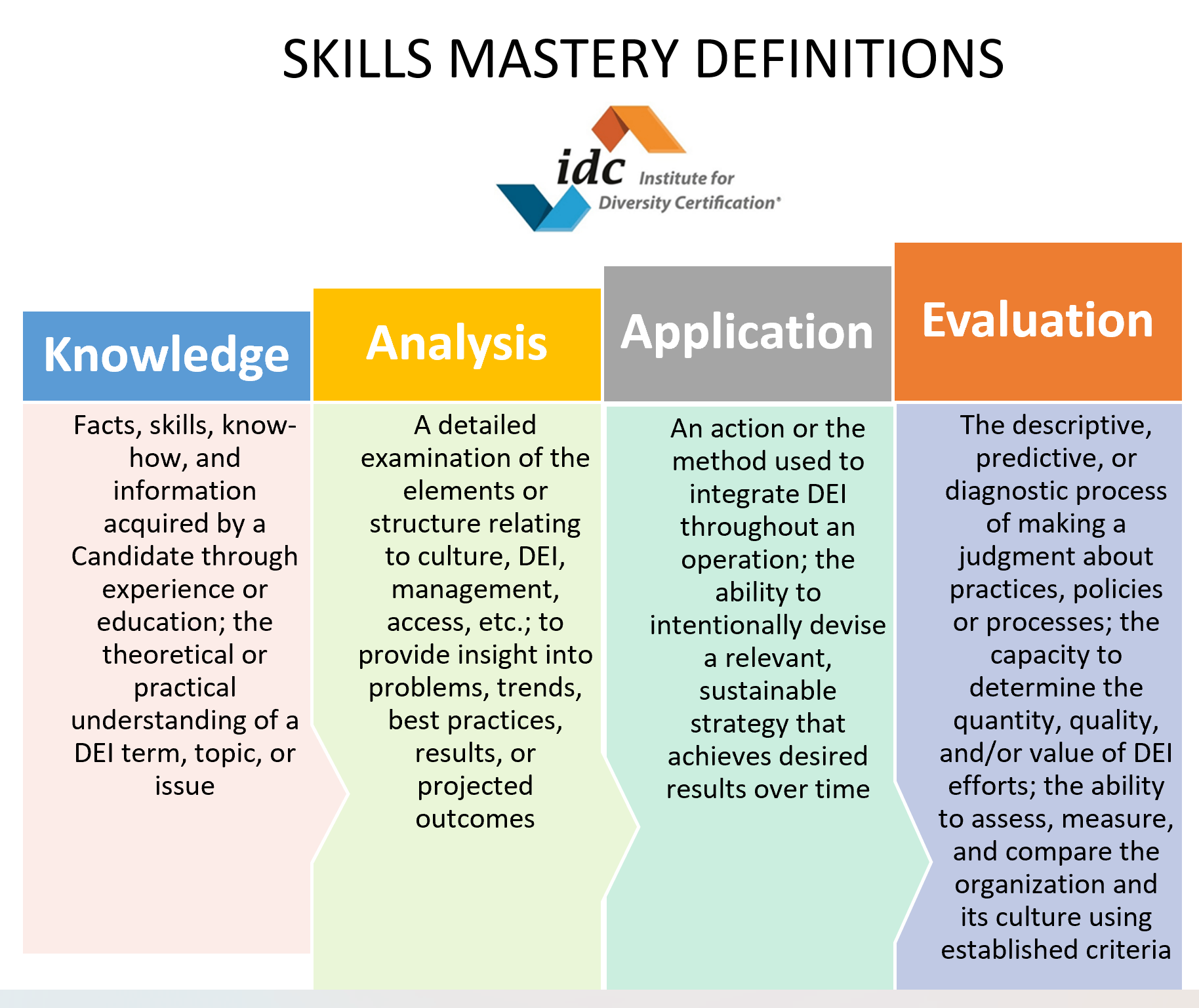
The Certified Diversity Professional (CDP)® credential provides a global community of support and fresh ideas that make an impact. Register now for the #1 DEIA certification program in the world.
Call IDC today!
+1 (800) 983-6192
Conferring DEIA Credentials Since 2009
Contact Us
Institute for Diversity Certification (IDC)®
7230 Arbuckle Commons - Suite 134
Brownsburg, IN 46112
1-800-983-6192
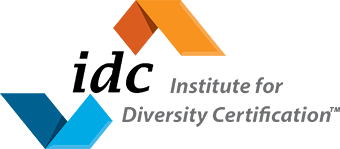
Share On: